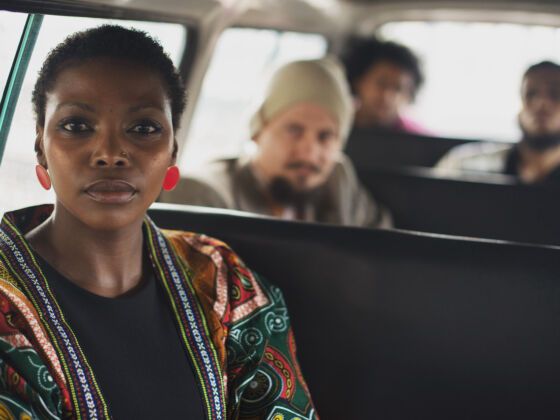South Africa’s mainstream media presents post-Apartheid South Africa in a certain way: usually, as a united, yet diverse nation that has healed from our past of Apartheid and colonization. Most of these representations of South Africa are, unfortunately, an incomplete picture of our reality.
This leads a great number of foreigners — especially those who haven’t travelled to our country — to misunderstand the current social and political situation in South Africa.
Here are some common misconceptions:
